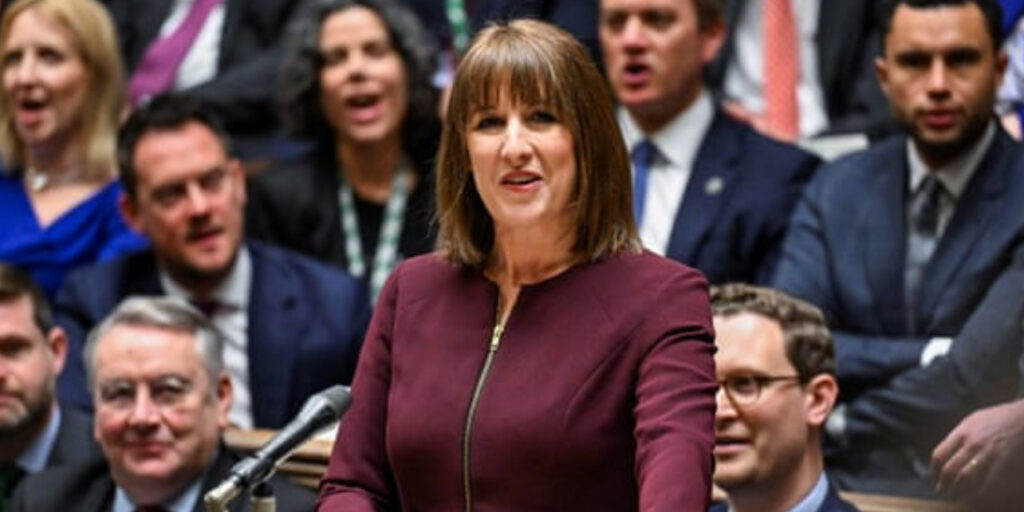Rachel Reeves has staunchly defended the £40bn hike in taxes revealed in the autumn budget, asserting that the increases were essential to prevent NHS waiting lists from surging.
Businesses are steeling themselves as a £25bn rise in national insurance contributions (NICs) is set to take effect on 6 April, coinciding with a series of hikes in everyday expenses ranging from utility bills to vehicle taxes.
During parliamentary scrutiny, the Chancellor emphasised the necessity of the NIC increase, stating, “We raised national insurance contributions and injected an additional £25bn into our NHS. We believe prioritising healthcare was the correct decision.”
Reeves contended that without these tax increments, the NHS would have faced prolonged waiting times, which, instead, have been declining over the past five months.
Responding to Conservative MP Harriett Baldwin’s queries about the ramifications of her fiscal policies, Reeves remarked, “Some might oppose further NHS funding, and they are entirely entitled to their opinion. However, it’s crucial to acknowledge that such funding necessitates supporting the accompanying tax measures.”
The Resolution Foundation’s latest analysis indicates that the average household will find itself approximately £400 poorer in the upcoming tax year, attributed to heightened taxes and bills, including stagnant income tax thresholds pulling more individuals into higher tax brackets.
Adam Corlett, a leading economist at the think tank, highlighted the challenges of the new tax year, “It ushers in not only increased taxes and substantial bill rises but also benefits that do not match the escalating cost of living.”
The foundation has urged the government to advance a planned 2% rise in the basic universal credit payment by six months to this October to alleviate financial strains.
With the NICs increment coinciding with a 6.7% raise in the national living wage for those aged 21 and over starting this week, business sectors have voiced concerns over potential job losses. Nevertheless, the Chancellor noted minimal signs of a significant downturn in the employment sector thus far.
Reeves remains optimistic about the labour market, noting, “Current data shows that despite some concerns, wages are increasing at double the rate of inflation and job vacancies have stabilised at a high level, reinforcing confidence that businesses continue to recruit.”
During discussions on last week’s spring statement, the Chancellor also highlighted her alterations to the government’s fiscal regulations, which permit increased levels of investment compared to the plans of her predecessor, Jeremy Hunt.
“The most substantial long-term impact we’ve made is the continued unlocking and maintenance of capital expenditure,” she concluded.


